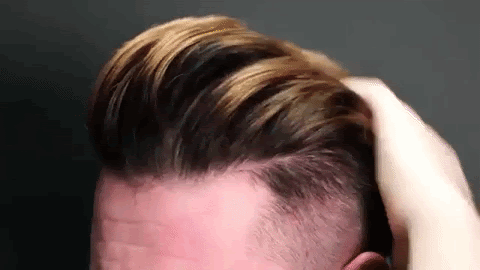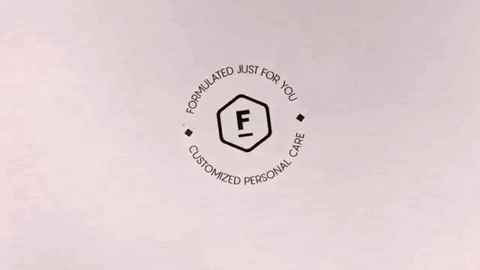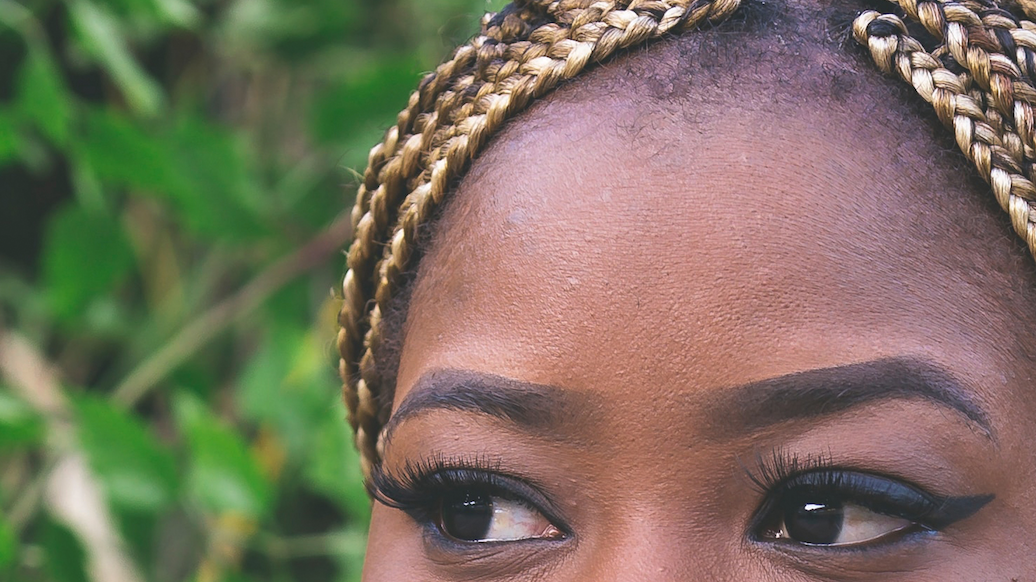Stress has long been implicated as one of the causal factors involved in hair loss, both in the scientific community and in popular knowledge. However, the reasons behind stress-induced hair loss are often less well-understood and can feel mysterious and confusing. Keep scrolling for the 4 fast facts you need to know to understand more about the relationship between stress and hair loss 👍
1. Stress doesn't immediately cause mass hair fallout
Though you might have heard a story about hair turning white or falling out overnight, hair does not react to stress nearly so rapidly. Instead, hair loss may only become noticeable weeks or even months after the onset of stress. This isn't necessarily a bad thing at all - by the time you notice significant hair loss, you may no longer be experiencing stress.

Courtesy of Modern Man TV
2. Stress can make some people quite literally pull their own hair out
You've probably heard someone say before that they're so stressed they could pull their own hair out. For many people, this feeling is more than a joke - it is estimated at between 1 to 2 percent of American adults and adolescents experience Trichotillomania, a medical condition that results in hair pulling and plucking behaviors. Though many patients with trichotillomania experience hair pulling no matter their emotional state, several have reported that the desire to pull hair becomes worse in stressful situations.
3. Both sudden and long-term stress can induce and worsen certain types of hair loss
It is a common misconception that only chronic stress* is related to hair loss. However, both chronic stress and acute stress** can induce certain types of hair loss conditions and/or worsen pre-existing hair loss disorders. If you think you may be at risk for hair loss or have already experienced some hair loss due to a specific disorder, you may need to monitor the amount of stress you experience daily.
*Chronic stress is a long-term and nearly constant state of heightened alertness. It can cause a variety of physical symptoms and may lead to a greater risk for certain illnesses.
**Acute stress is short-term stress. It is the most common type of stress and is experienced as an immediate perceived threat, either physical, emotional or psychological.
4. Hair loss can itself lead to increased stress
Although hair loss itself is a benign medical condition, the experience of losing hair can cause an individual a great deal of additional stress. Many anthropologists believe this is because of hair's social significance; not only does hair demonstrate individual identity, it can also act as a social indicator of health, femininity, and status. Further, the importance of hair health is socially ingrained across multiple cultures, so know that if you experience stress as a result of hair loss, you are absolutely not alone. Billions of people before you have likely experienced the same feeling!
 Courtesy of David Prater
Courtesy of David Prater
Do you have more questions on stress-induced hair loss?
Email us at support@formulate.co or message us via our live chat to find out how we can help.
Love,
The Formulate Team




